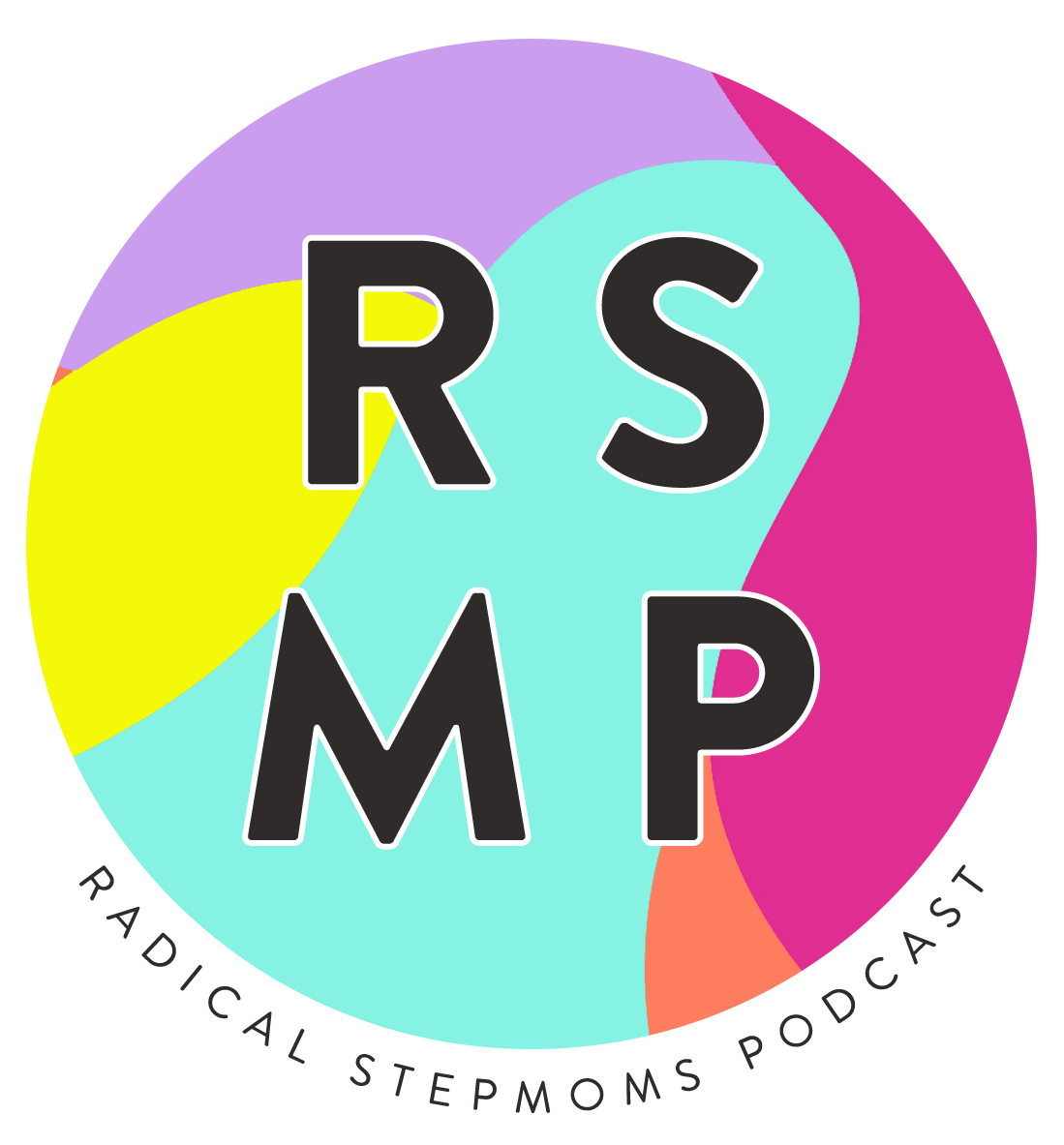Toxic Positivity
We have to protect ourselves from the toxic positivity masquerading as encouragement, support or role models.
What is toxic positivity?
We hear toxic positivity all the time. Whether it’s in books, Pinterest quotes, scrolling through social media, or even from our friends and family. Toxic positivity is saying or hearing things like:
"Look on the bright side!"
"Just be happy!"
"Good vibes only!"
"Cheer up!"
In the stepmom realm it can look like this:
“At least you have kids to care for!”
“It could be worse, you could have them full-time.”
“But you’re such an amazing stepmom! Don’t be sad!”
“Everything happens for a reason.”
These comments are usually well-intended. People are usually trying to be supportive, but they just don't know how to help or they themselves are carrying their own unprocessed “negative” feelings (projection at it’s finest). These types of comments are created by our culture's relationship to emotions, the message that says, “It’s best to stay positive so you don’t bum everyone else out.” or “If you’re not happy, it’s because you’re choosing to be unhappy.” While there’s definitely truth in some of these messages (the power of mindset is huge) the push for positivity can be incredibly insincere, dismissive and harmful.
Here's why:
Emotions are neither good nor bad—they just ARE. When we push positivity, what we're really saying is "you're doing something wrong for feeling a negative emotion" which is so so so harmful and only amplifies suffering.
The harms of toxic positivity.
Emotions require attention, validation, experiencing, and nurturing. ALL emotions—the positive ones and the painful ones.
Telling someone (or ourselves) to "just be positive," is not actually solving anything. You’re sending the message that the emotion is wrong, and needs to GTFO, and that we shouldn't be feeling that way. This creates a cycle of sadness, shame, guilt and yea, even more negativity thinking.
Unfortunately, you just can't wish sadness, hurt, depression, or loneliness away.
We have to confront it head on… feel, process, and either find solutions or acceptance. If it sounds like work, it’s because it is.
Our own inner work is the hardest of them all, but it’s the only thing we truly have control over.
What actually helps.
Instead of forcing positivity and consequently, invalidating and further perpetuating shame, try validation and authenticity. Here are a few steps to try:
1. Name the emotion
ex. "I'm feeling resentful." (to yourself)
or "How are you feeling?" (to someone else)
2. Validate the emotion
ex. "It's normal to feel resentful sometimes. It's part of the human condition" (to yourself) or
"That makes so much sense why you feel resentful right now." (to someone else)
3. Accept and support
ex. "I'm feeling resentful and I can let this feeling be here today. It doesn't mean I am a bad partner or stepmom. This feeling is here to tell me something and I need to honor it." (to yourself) or
"Your feelings are valid and I'm here for you." (to someone else)
Stepmotherhood is hard. We carry enough of our own judgements and shame for the way we feel. The last thing we need is rainbows forced down our throats. What we truly benefit and grow from is being true to our feelings, and providing a safe space for others to do the same.
The takeaway is: repression and invalidation don't help anyone. Instead of insincere toxic positivity, we need validation and authentic support.
When you notice toxic positivity, flip the script. It starts with you. 🖤

